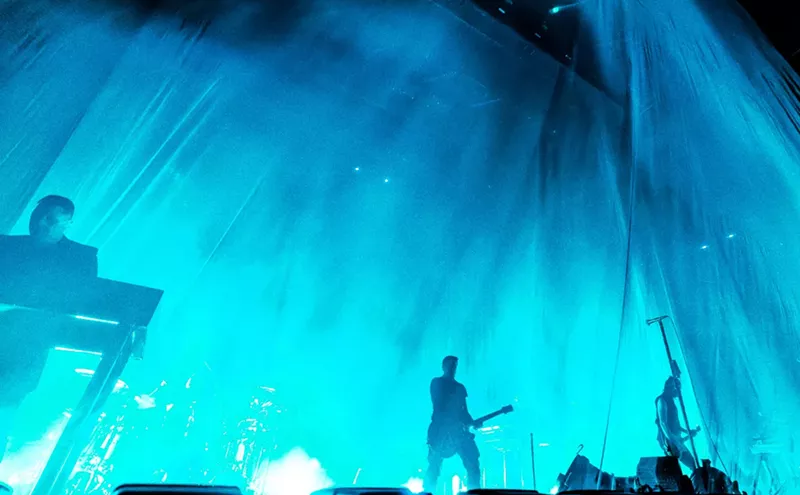Johnson's movies — first Brick in 2006, now The Brothers Bloom — are clever and soulful confabulations. The filmmaker, whose screenplays read like novels, serves up movies that could play like would-be parodies: Brick, after all, was his gumshoe-in-tennis-shoes noir starring Joseph Gordon-Levitt as a slang-spouting baby Bogart on the hunt for his lady friend's killer. Could have played like a joke; it was anything but. Now comes The Brothers Bloom, a love story — two, actually — that flirts with the con-man movie clichés with which Johnson ultimately can't be bothered. Which is just as well.
In a confidence film, everyone is exactly who they say they are, even when they insist they're not who you think they are, or something—a-ha! Johnson dispenses with that phony device up-front; he doesn't have an endgame gotcha up his sleeve and isn't interested in making a puzzle to be solved. Stephen (Mark Ruffalo) and Bloom (Adrien Brody) are, from first scene to last shot, precisely who we think they are: lonely little fabulists who tell stories to find the joy that eludes them in "the real world." Cons provide an escape.
Stephen and Bloom (no last names, please) are kids when we first meet them — young lost lads rejected by 38 sets of foster parents. Johnson introduces them through a surrealist's interpretation of a Dickensian tale: They are orphans scamming for Bomb Pops in a dead-end town where the one-legged cat, stuffed in an old leather roller skate, uses a crutch to push himself down Main Street. Stephen's the cynic about to blossom into a full-fledged misanthrope; Bloom's the romantic who will mature into a hangdog lonely heart. Which is why Stephen's schemes all serve the same purpose: to bring joy to Bloom's empty life, to allow him to be as he wasn't so he can be as he wishes to be, as narrator Ricky Jay (shades of Magnolia!) announces.
When they're boys, Stephen spins his profitable fictions to get his brother girls; as adults, he does it to land Bloom the love of his life. And she avails herself in the form of Penelope (Rachel Weisz), the Jersey heiress so wealthy and bored that she collects hobbies — among them ping-pong, rapping, playing the banjo, breakdancing, and juggling chainsaws while astride a towering unicycle. Clearly, Penelope's in need of an adventure, no matter how it arrives — by hook or by crook, just someone to free her from the confines of a dreary manse overstuffed with dusty tchotchkes.
There is con somewhere in the movie, definitely — something to do with a rare book ensconced in catacombs in Prague. And there are other far-flung locales, where bright sunlight reflects off whitecaps and mountaintops. (The Brothers Bloom is beautiful to look at — old-fashioned escapism, a trip around the world for the cost of a movie ticket.) But it's best not to fuss over the con's sketchy details, which only serve to distract from the real story: Bloom's attempts to find joy in life without the con.
Some will dismiss Johnson's second film as just that — a self-conscious sophomore effort filled with literary references, as the filmmaker works to disentangle himself from constricting plot strands. But Johnson has infused The Brothers Bloom with so much heart and beauty that one can and should easily overlook its discomfiting moments. Truth is, the film's even more profound and touching upon second viewing, once you've dispensed with the genre affectations and gotten in touch with the filmmaker's affection for his characters. Maybe that's the film's best con: It steals your heart.








